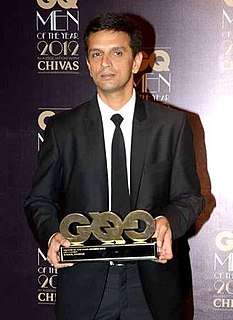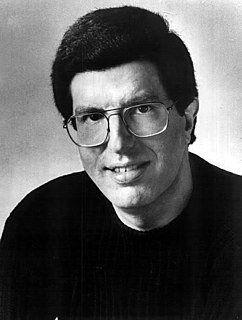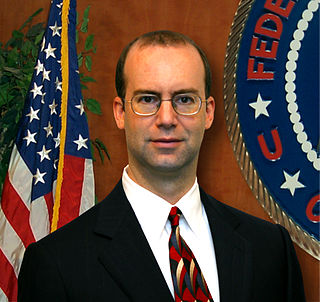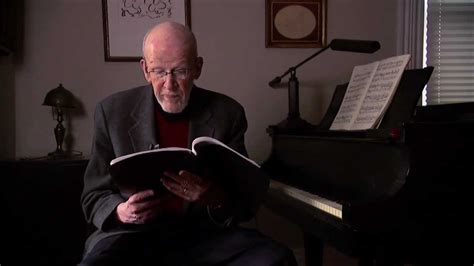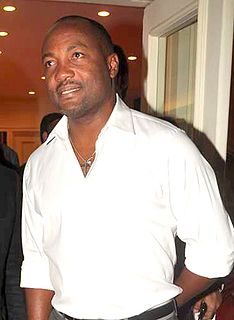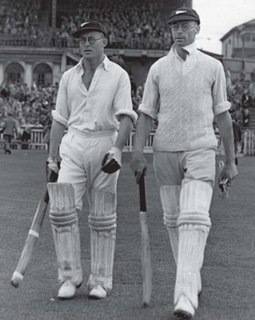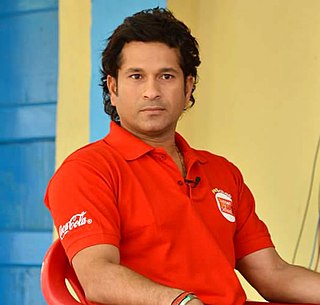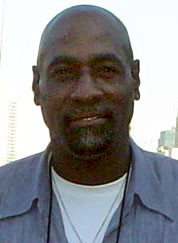A Quote by Rahul Dravid
I think there's a culture in Rajasthan Royals that has been there before I got here, so I've come into it. I've enjoyed being part of it and embraced it. They are quite clear about the fact that bottom lines are important, and there is a certain limit on what you can spend.
Related Quotes
One of the things that's pretty unique about nu shu, when you look especially at these old letters and stories that have been saved, is that there are certain lines that are very standard that are used again and again. It's almost like a formula in a sense, so that these certain lines come up again and again.
The good part of writing is where it gets out of your control and turns into something else. You look at it and think "Whoa, where did that come from? That wasn't what I meant to write, but it's more interesting than what I was intending. Which part of my subconscious or my experience did that come from?" Often the answer isn't clear, and often the line between fiction and fact isn't clear, either.
Any fact facing us, however difficult, even seemingly hopeless, is not so important as our attitude toward that fact. How you think about a fact may defeat you before you ever do anything about it. You may permit a fact to overwhelm you mentally before you deal with it actually. On the other hand, a confident and optimistic thought pattern can overcome or modify the fact altogether.
I don't think they understand it's as important as math and science. It rounds you out as a person. I think it gives you a love of certain things. You don't have to become the next great composer. It's just nice to have heard certain things or to have seen certain things. It's part of being a human being.
When you ask people what it is like being part of a great team, what is most striking is the meaningfulness of the experience. People talk about being part of something larger than themselves, of being connected, of being generative. It becomes quite clear that, for many, their experiences as part of truly great teams stand out as singular periods of life lived to the fullest.
It is clear from a common sense viewing of the program that coarse language is a part of the culture of the individuals being portrayed. To accurately reflect their viewpoint and emotions about blues music requires airing of certain material that, if prohibited, would undercut the ability of the filmmaker to convey the reality of the subject of the documentary.
I'm an English songwriter/composer, working in Mandarin and trying to find something about Chinese culture that I really relate to and respect and feel some genuine emotions for - and it's quite hard, the pentatonic scale, and that, in a way, is why I think it works. Because I'm forced to limit myself to quite strict rules about what I did. Maybe that's how I avoided pastiche.
I've always been - as a teacher, as graduate student, as a student, and I think, really, as a child - I've been interested in poems, but not so much for what the take home pay is, what you might sum up from them in moral or intellectual terms or whatever, but what's in the certain lines and how lines relates to other lines.
